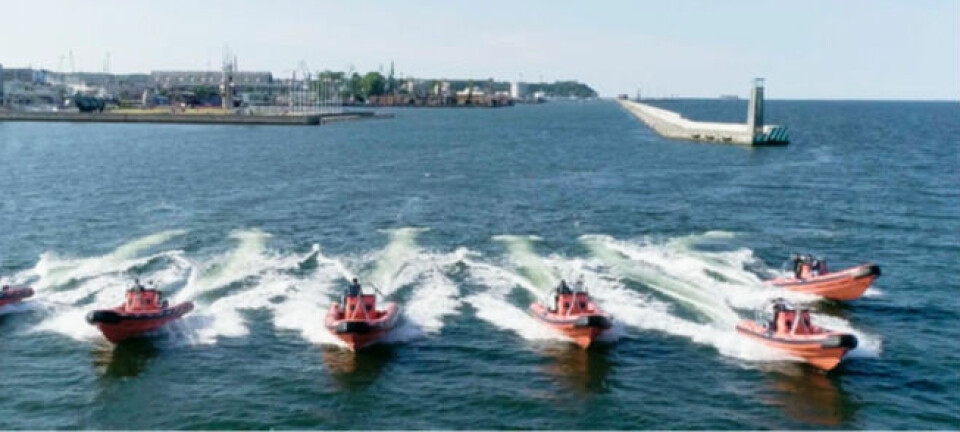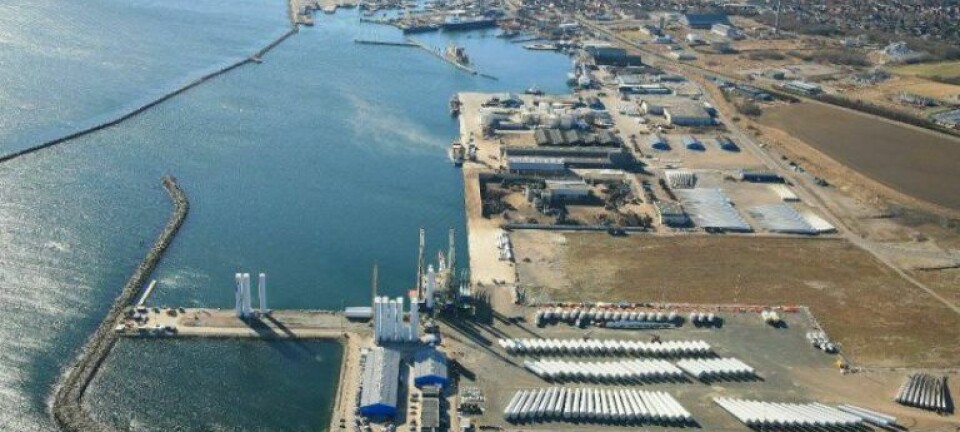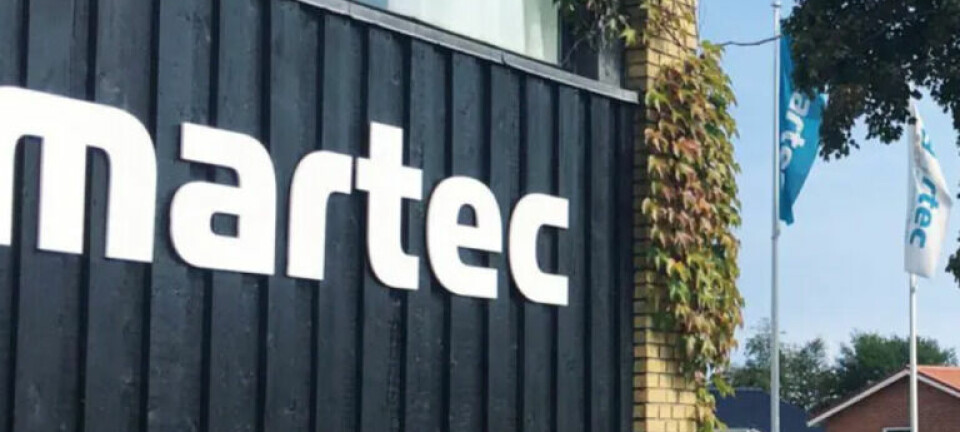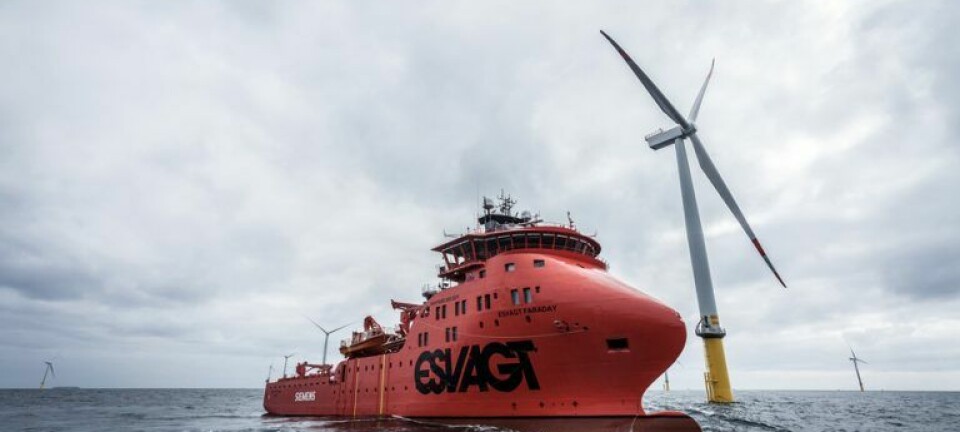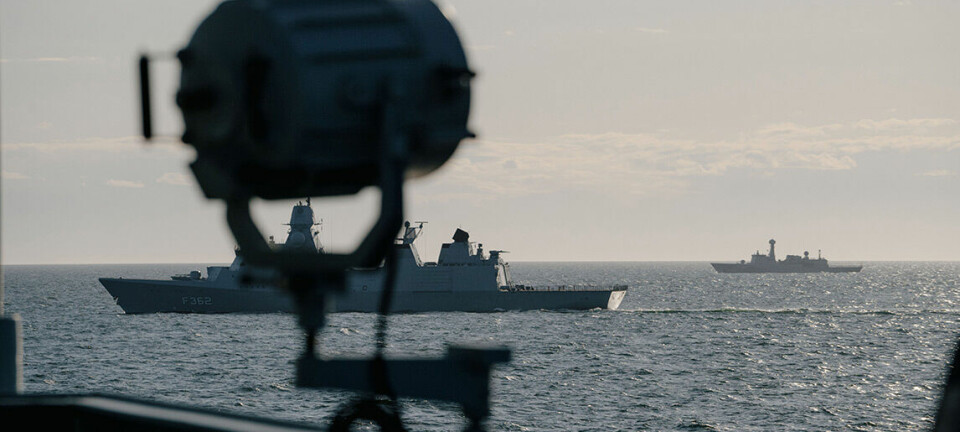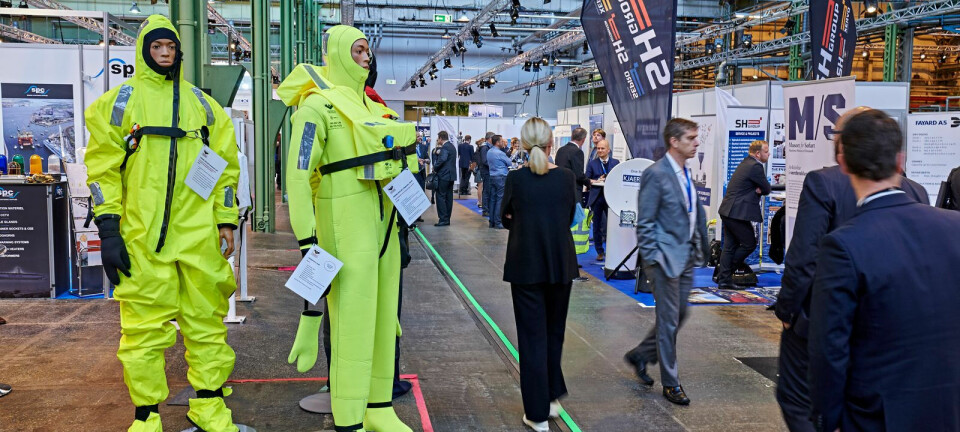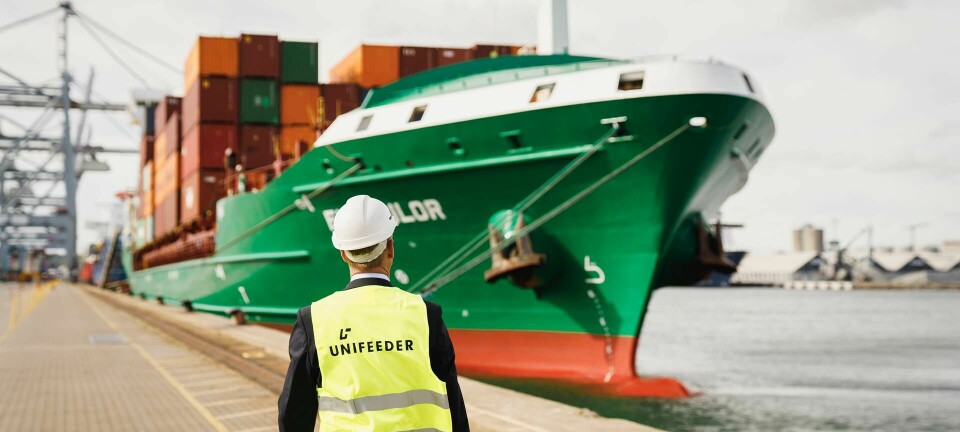Euronav signs global declaration as seafarers remain stranded
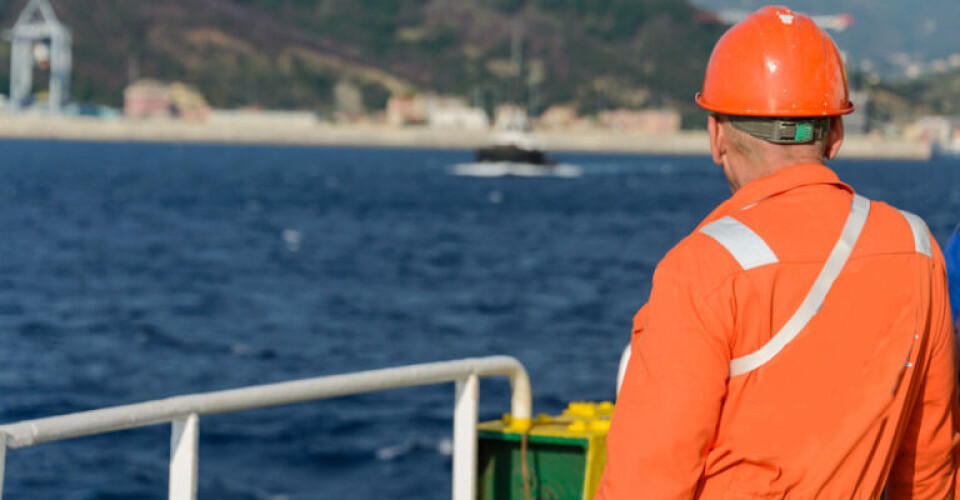
The Belgian-based shipping giant signed an international declaration calling on governments to resolve the global crew change crisis caused by the pandemic.
By Michael McGrady, Maritime Direct Americas Correspondent
Euronav, the publicly traded shipping giant based in the Belgian port city of Antwerp, has called for their industry peers to sign a declaration that calls on governments from around the world to address the humanitarian crisis of crew-change on vessels around the world.
The company’s chief executive, Hugo De Stoop, is also the latest corporate leader to sign the Neptune Declaration on Seafarer Wellbeing and Crew Change.
The declaration was proposed by the Global Maritime Forum and the Maritime Industry Crew Change Taskforce, chaired by Jeremy Nixon, the chief executive of Ocean Networks Express, and Graham Westgarth, chairman of V. Group. Nixon and Westgarth lead a taskforce to bring together industry and labour representatives from across the sector and directly impacted stakeholder organizations.
Some of these stakeholder organizations include the International Maritime Employers’ Council, the International Chamber of Shipping, and the World Economic Forum.
“Under the radar too long”
“The crew change crisis is the largest ever humanitarian and logistical tragedy facing the maritime sector”, states De Stoop. “It is our responsibility and duty towards the seafarers, and their families, to globally address this crisis as one voice.”
Nixon and Westgarth also cosigned an opinion editorial, on December 15, 2020, with other cross-industry executives calling for the world to focus on the crew change crisis.
The editorial, published by TradeWinds, states that “[m]any governments have responded to the Covid-19 pandemic by closing their borders and banning seafarers from coming ashore, even for medical treatment in some cases.”
Due to this restrictions, thousands of seafarers have become de facto prisoners on the very cargo vessels they work on — and, in many cases, beyond the expiration of their initial contracts which they signed before the pandemic.
“The maritime industry has stayed under the radar too long,” De Stoop added in his more recent statement. “Crew changes are critical for all shipping sectors and movement of goods. Euronav will continue to work with all relevant authorities to highlight the immediate need to ease such restrictions on seafarers.”
Maritime Direct reached out Euronav for further comment but no response was returned.
Understanding the Neptune Declaration
The Neptune Declaration on Seafarer Wellbeing and Crew Change is intended to serve as a call for action to permit needed crew changes and the repatriation of crew members who have been quarantined on vessels due to the global COVID-19 pandemic.
More than a public health and a humanitarian crisis, the Neptune Declaration also threatens supply chain stability around the world.
Since a global pandemic was declared, the COVID-19 coronavirus disease has caused “an unprecedented crew change crisis” which has left hundreds of thousands of seafarers impacted and even stranded on their ships.
Non-governmental organizations, industry trade groups, international labour unions, and companies have called on for governments restricting debarkation for crews to further soften restrictions so that these individuals, risking their lives, can access needed medical and social services on dry land.
The United Nations General Assembly also passed a resolution on December 1, 2020, to protect seafarers and the impacts of the COVID-19 pandemic on global supply chains and the human cost of maintaining essential industries.
The Anastasia and the global crisis
In recent news, instances of crew change prohibitions have resulted in gruesome attempts of suicide and escape and significant mental health crises among crews.
Mediterranean Shipping Company’s (MSC) chartered container bulker Anastasia has been one of the central examples of the crew change crisis.
The vessel made international headlines earlier this month upon the instance of an Indian crew member attempting suicide due to an ongoing trade standoff between Australia and China.
Anastasia — with India’s Great Eastern Shipping Company Jag Anand — have been living in legitimate horror. Both ships arrived at ports in North China after the country and Australia reached a flashpoint in trade relations.
This led to a “ban” on coal imports from Australia, forcing both vessels into quarantine.
Both vessels have been in the anchorage at the Chinese port cities of Caofeidian and Jingtang for over 151 days and 204 days (as of January 4, via Seatrade Maritime News), respectively.
The crews on both vessels, especially the Anastasia, have been denied debarkation and crew change since the summer of 2020 across several ports.
According to Chinese port authorities, the ban for a crew change on these vessels was ostensibly due to the containment of COVID-19 infections. However, vessels from Russia, Canada, Europe, and other countries have been permitted to port and offload their cargo, much of it being coal.
This is a developing story.

